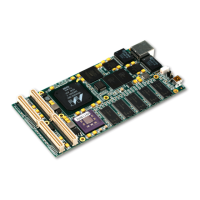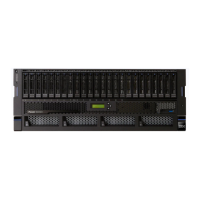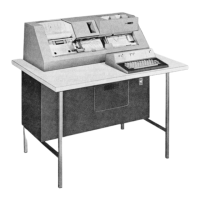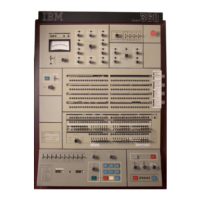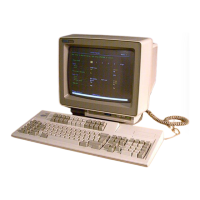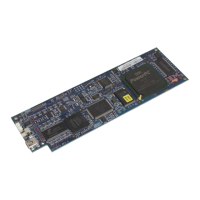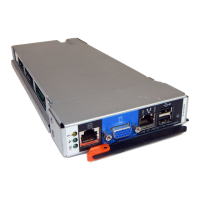2.1.1 PLB Features
• Overlapping of read and write transfers allows two data transfers per clock cycle for maximum bus
utilization
•
Decoupled address and data buses support split-bus transaction capability for improved bandwidth
• Address pipelining reduces overall bus latency by allowing the latency associated with a new
request to be overlapped with an ongoing data transfer
in
the same direction
• Late master request abort capability reduces latency associated with aborted requests
• Four levels of request priority and selectable arbitration modes provide flexible arbitration policies.
• Support for 16-, 32-, and 64-byte line data transfers
• Sequential burst protocol allows byte, halfword, and word burst data transfers.
• DMA buffered peripheral-to-memory, memory-to-peripheral, and memory-to-memory operations
are supported
2.1.2 PLB Masters and Slaves
Table
2-1
lists the PLB masters and slaves provided
in
the PPC405GP.
Table 2-1. PPC405GP
PLB
Agents
as
Masters
and
Slaves
PLB
Agent
PLB
Master/Slave
Processor core ICU Master
Processor core DCU Master
External bus master interface Master
Static memory/peripherals Slaves
PCI
bridge (PC I to PLB) Master
PCI bridge (PLB to PCI) Slave
MAL Master
DMA
controller Master
PLB to OPB bridge Slave
SDRAM controller Slave
The SDRAM and EBC slaves are connected in line with the decompression controller. When the
decompression
controller is disabled, a bypass mode that directly
accesses
SDRAM and the EBC is
used. When the decompression
controller is enabled, it intercepts reads from compressed regions
before they reach SDRAM and the EBC.
2.1.3 PLB Master
Assignments
Each PLB master can be programmed to use one of four priority levels during PLB transfers, enabling
the system designer to tune PLB transfer priorities to the requirements of a particular application. For
example, if an
application always requires PCI to SDRAM transfers to have the lowest latency, the PCI
master can be programmed to the highest PLB master priority. This causes the PLB arbiter to grant
PCI access requests before granting the access requests of any other master.
2-2 PPC405GP User's Manual
Preliminary
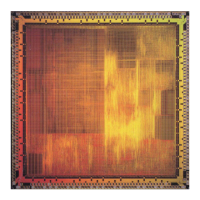
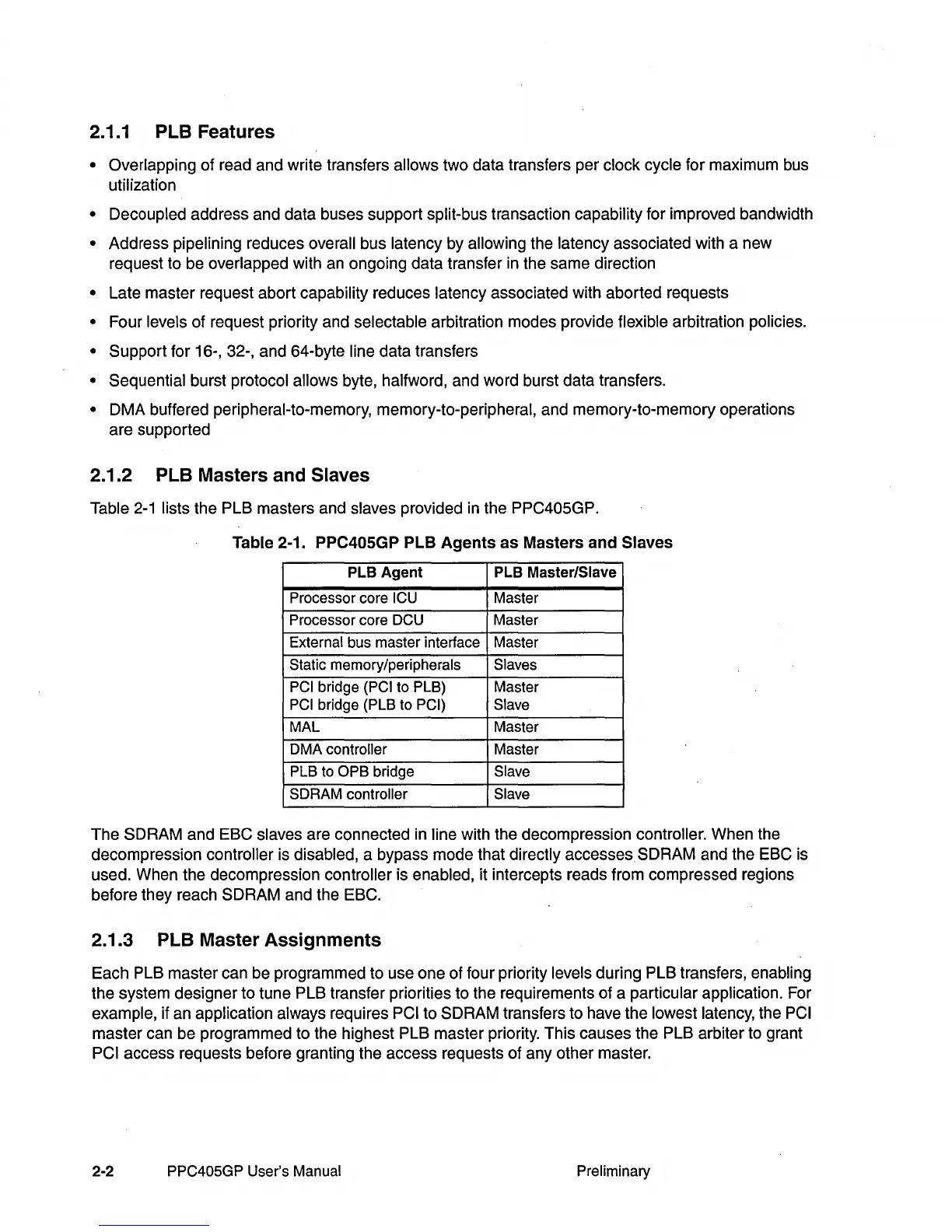